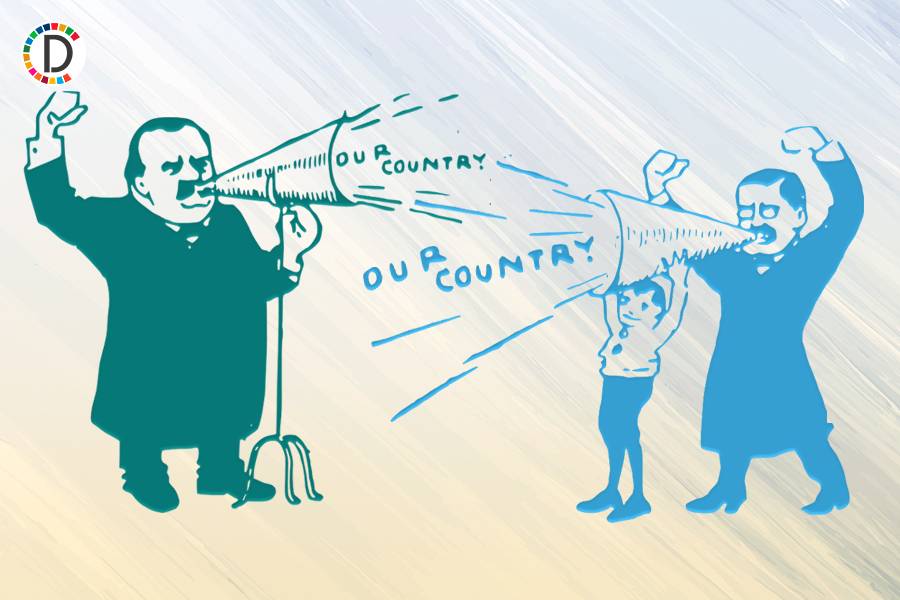Global Risks 2025: Rising Tensions and Fragmentation
The World Economic Forum's Global Risks Report highlights that state-based armed conflict emerges as the top immediate risk for 2025 amid growing geopolitical tensions and global fragmentation. It reveals widespread concerns about misinformation, environmental threats, societal polarization, and the decline of the Western-led global order over the next decade.

- Country:
- India
The World Economic Forum's latest Global Risks Report identifies state-based armed conflict as the top immediate risk for 2025, reflecting the geopolitical tensions and fragmenting international landscape. Released on Wednesday, the report underscores the pressing nature of misinformation, ongoing environmental threats, societal polarization, and technological risks, like misinformation and AI-related challenges, highlighting both immediate and long-term concerns.
The report, based on the Global Risks Perception Survey with insights from over 900 global leaders, paints a vivid picture of a fractured world. It expects the decline of the Western-led global order and the rise of alternative power centers, including China, India, and the Gulf states, which are set to challenge the global balance over the next decade.
With environmental risks such as extreme weather events and biodiversity loss dominating long-term projections, coupled with societal and technological threats, the need for effective global cooperation has never been more dire. The report urges global leaders to prioritize collaboration and resilience to mitigate the looming uncertainties and cascading risks threatening global stability.
(With inputs from agencies.)
ALSO READ
Controversy Erupts Over AI-Generated Misinformation at Manikarnika Ghat
Controversy Unfolds Over AI Images and Misinformation in Varanasi
BJP Accuses Congress of Misinformation on Viksit Bharat Scheme
Commonwealth Leaders Urged to Tackle AI and Misinformation Challenges
Nigeria's Strategic Lobby: Countering Misinformation in the U.S.










